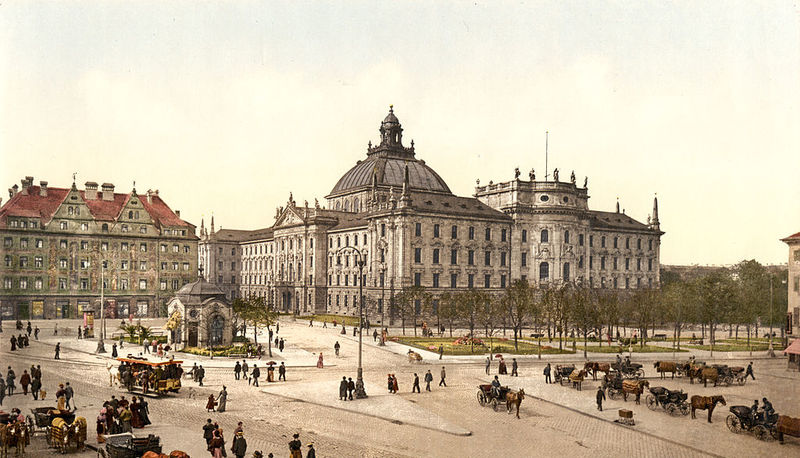Concetti Chiave
- The Industrial Revolution brought social unrest, with the government failing to alleviate economic pressures on the poor.
- Workhouses were established as a deterrent for poverty but were notorious for their poor living conditions.
- The diet of early 19th-century England largely consisted of bread and cheese, contrasting sharply with the affluent lifestyle of the gentry.
- The role of women shifted due to industrialization, with many working in factories and others seeking marriage for financial security.
- The Romantic era theatre was known for its elaborate machinery and effects, focusing on fantastical themes rather than contemporary social and political issues.
L'era dell'infelicità economica
The industrial revolution signed a period of unhappiness. Parliament refused to reduce economic pressure on the labouring poor. With A. Smith the introspection of government about internal and external trade ended. In order to reduce the poor rate, workhouses were created, using them as a deterrent. But the conditions inside them were very bad. They were dirty. The diet of most English people at beginning of XIX century was based on bread and cheese.
The gentry lived unlike most of people: they led an otiose life freed by economic problems.
Il cambiamento del ruolo delle donne
The role of women changed: before they attended to village duties, now, with the growing importance of secondary sector, (industry) most of them had to work in factories, others into workmen’s wives. 
Drama in Romantic age: Theatres were regarded as place of entertainment. Machinery was elaborate; there were set ghosts, goblins, fairies into air. Lights burning gas were introduced: they shouted effects undreamed before. The theatre was a very big place. The Romanticism was a period of great actors. According with the romantic poetry, also the romantic drama chose remote subjects outside the social and political issues of contemporary society.






 Accedi a tutti gli appunti
Accedi a tutti gli appunti
 Tutor AI: studia meglio e in meno tempo
Tutor AI: studia meglio e in meno tempo